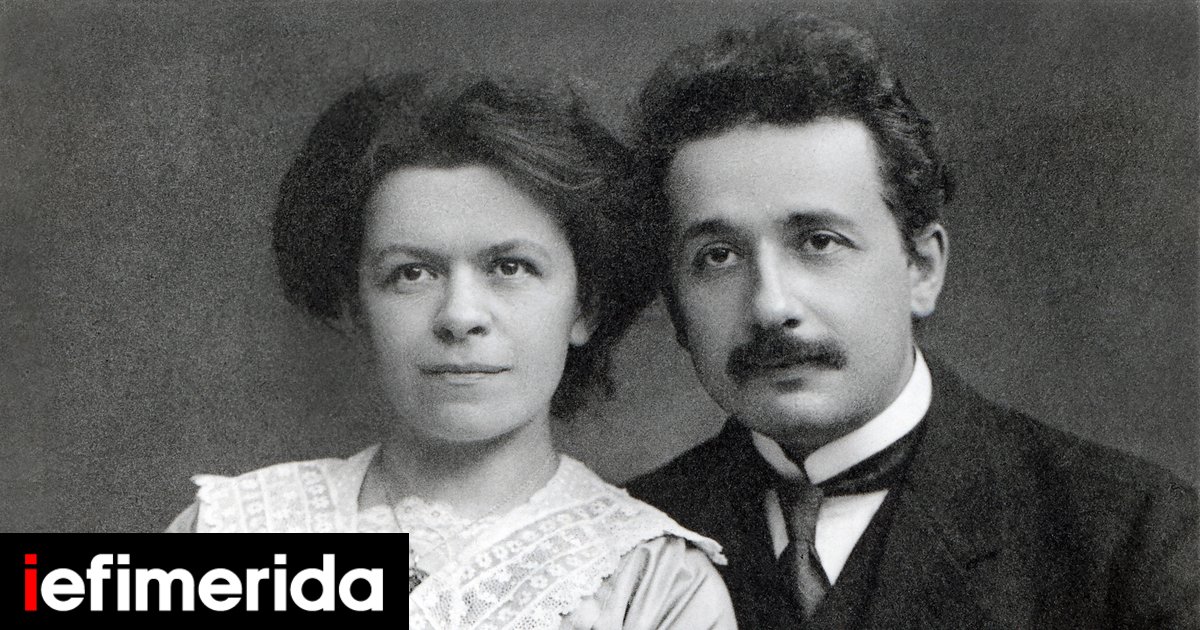Albert Einstein stands as one of the most brilliant minds in human history, whose groundbreaking contributions to science have profoundly influenced our understanding of the universe. Best known for his theory of relativity, Einstein’s work has transcended the boundaries of physics to inspire countless generations of scientists, thinkers, and enthusiasts. This article aims to take a deep dive into the life, theories, and legacy of Albert Einstein, offering a detailed exploration of his genius and enduring impact on both science and culture.
In this journey, we will uncover not only Einstein’s revolutionary ideas but also delve into his personal life, the challenges he encountered, and the profound legacy he left behind. Through a comprehensive analysis, we hope to provide readers with a richer appreciation of why Einstein remains an iconic figure in the realms of science and popular culture alike.
Embark with us on this exploration of Albert Einstein’s remarkable life, from his early days as an inquisitive child to his ascent as one of the most influential scientists in history. This article will illuminate his groundbreaking theories, share intriguing personal stories, and highlight the lasting influence of his work on modern science.
Read also:Exploring The Cinematic World Of Jamie Linden
Contents Overview
- Life and Legacy of Albert Einstein
- Childhood and Educational Journey
- Key Theories and Contributions to Science
- Personal Life and Relationships
- Einstein’s Lasting Impact on Science and Society
- Honors and Recognition
- Interesting Facts About Albert Einstein
- Final Reflections
Life and Legacy of Albert Einstein
Albert Einstein was born on March 14, 1879, in Ulm, Germany, to a secular Jewish family. His father, Hermann Einstein, was a salesman and engineer, while his mother, Pauline Koch, managed the household. From an early age, Einstein displayed an extraordinary aptitude for mathematics and physics, which would eventually shape his illustrious career and solidify his place in history.
| Personal Information | Details |
|---|---|
| Name | Albert Einstein |
| Born | March 14, 1879 |
| Place of Birth | Ulm, Germany |
| Died | April 18, 1955 |
| Nationality | German, later Swiss and American |
| Field | Theoretical Physics |
Childhood and Educational Journey
Einstein’s family relocated to Munich during his childhood. Despite his later achievements, his early academic years were marked by struggles due to his independent nature and dissatisfaction with the rigid educational system of the time. However, his passion for mathematics and physics remained unwavering. He eventually attended the prestigious Polytechnic Institute in Zurich, where he graduated in 1900, setting the stage for his future accomplishments.
Key Theories and Contributions to Science
Albert Einstein’s contributions to science are monumental, with his theory of relativity being the cornerstone of his legacy. This theory fundamentally transformed our understanding of space, time, and gravity, leaving an indelible mark on the field of physics.
The Theory of Relativity
The theory of relativity is composed of two interrelated parts: special relativity and general relativity. Special relativity, introduced in 1905, revolutionized the understanding of space and time by proposing that the laws of physics are consistent for all non-accelerating observers. General relativity, published a decade later in 1915, expanded this concept by describing gravity as the curvature of spacetime caused by mass, offering a new framework for understanding the universe.
The Photoelectric Effect
Beyond his work on relativity, Einstein’s research on the photoelectric effect earned him the Nobel Prize in Physics in 1921. This groundbreaking discovery demonstrated that light exhibits both wave-like and particle-like properties, laying the foundation for the development of quantum theory and reshaping our understanding of the fundamental nature of light.
Personal Life and Relationships
Einstein’s personal life was as intricate and multifaceted as his scientific theories. In 1903, he married Mileva Marić, with whom he had three children. However, their marriage faced significant challenges, ultimately leading to their divorce in 1919. Shortly thereafter, Einstein married his cousin, Elsa Löwenthal, who provided him with unwavering support and companionship during the latter part of his life.
Read also:Exploring The World Of Jellybeanbrains A Notable Onlyfans Creator
Einstein’s Lasting Impact on Science and Society
Einstein’s influence extends far beyond his lifetime, shaping various scientific disciplines such as cosmology, quantum mechanics, and nuclear physics. His pioneering theories continue to inspire and guide contemporary scientific research and technological advancements, cementing his status as a pivotal figure in the history of science.
Honors and Recognition
Throughout his illustrious career, Einstein received numerous accolades and honors, including the prestigious Nobel Prize in Physics. His name has become synonymous with genius, and his image is often associated with intelligence and creativity, symbolizing the pinnacle of intellectual achievement.
Interesting Facts About Albert Einstein
- Einstein was offered the presidency of Israel in 1952 but declined the offer.
- He had a profound love for music and was an accomplished violinist.
- After his death, Einstein’s brain was removed for scientific study, sparking ethical debates about its use.
- Renowned for his eccentric personality, Einstein’s distinctive hairstyle became one of his most recognizable features.
Final Reflections
In summary, Albert Einstein’s life and work continue to captivate and inspire people across the globe. His revolutionary theories not only transformed the field of physics but also reshaped our perception of the universe. As we reflect on his legacy, it is crucial to acknowledge the importance of curiosity, creativity, and perseverance in the pursuit of knowledge. We encourage you to engage with this article by leaving comments, sharing it, or exploring other fascinating topics on our platform!
Final Thoughts
Thank you for joining us on this exploration of Albert Einstein’s remarkable journey. We hope this article has provided valuable insights into the mind and contributions of one of history’s greatest thinkers. We eagerly look forward to welcoming you back for more enlightening content in the future!


